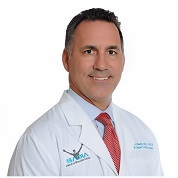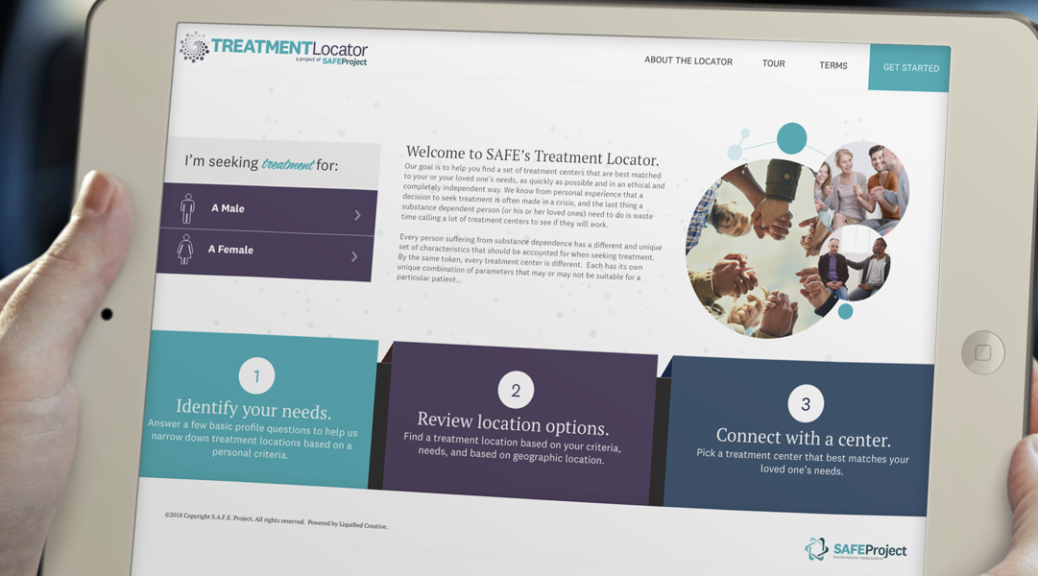
Dr. Alejandro Badia
Today, we have many proven, opioid-sparing options, including minimally invasive operative techniques and pre- and post-surgical uses of advanced nerve-blocking agents and long-lasting local anesthetics like EXPAREL® to resolve both pain and inflammation.
MIAMI (PRWEB)
August 13, 2019
Innovative pain management alternatives during and after surgery can significantly reduce the number of patients becoming chronic users – and abusers — of opioid drugs, says noted orthopedic surgeon Alejandro Badia MD, founder and chief medical officer of the Badia Hand to Shoulder Center and OrthoNOW®, who has successfully paired standard anesthesia during surgery with a new, opioid-sparing analgesic.
Called EXPAREL®, from Pacira Pharmaceuticals, Inc., the non-narcotic drug is injected as a single dose at the site of the regional block (nerves that deaden extremity) and often directly into the surgical site as well to help produce postoperative pain relief. The medication incorporates technology that encapsulates it in liposomal particles, allowing release of the drug’s pain-inhibiting properties for an extended period, Dr. Badia explains.
“In a recent case with a patient Dr. Amy Chappell, a neurologist and prominent lifestyle medicine physician who sustained a massive rotator cuff tear requiring double row repair, a procedure that can be particularly painful, the patient only required an over-the-counter anti-inflammatory medication to mitigate discomfort following administration of EXPAREL® during surgery,” says Dr. Badia. According to Dr. Chappell, “I never had pain after the surgery and the only real issue was having to wear the protective abuction pillow and sling”!
Another case involved Nick Mendez, the CEO of OrthoNOW®, an innovative orthopedic care delivery company, who underwent combined labral repair and insertion of the Regeneten® patch to his rotator cuff for a partial tear. Mr. Mendez stated, “I had slight discomfort but never pain that required me taking anything other than some Motrin and I was able to even continue working via my mobile phone the same day of the outpatient procedure”.
The recent launch of a national education campaign underscores Dr. Badia’s comments. The campaign encourages patients to discuss non-opioid options for pain management with their doctors prior to undergoing surgical procedures. Campaign sponsors cite data indicating that only a 10% reduction in the number of physician-written prescriptions for opioid drugs following surgery would mean 300,000 fewer patients becoming “persistent opioid users.”
The National Institute on Drug Abuse reports that common prescription opioids like hydrocodone (Vicodin®), oxymorphone (Opana®), codeine and fentanyl are chemically similar to heroin. In fact, nearly 80% of Americans using heroin say they turned to the drug after initially misusing prescription opioids, the Institute states.
Dr. Badia points to a 2017 study in JAMA Surgery indicating that patients often receive prescriptions for a month’s worth of opioid pills and that some 6% of them are still taking the drugs three months or longer after their procedures. Even more alarming, he says, is a March 2017 report from the Centers for Disease Control and Prevention, which found that as many as 13% of patients who received prescriptions for a week’s supply of opioid drugs were still taking them a year later.
“Surgery, including orthopedic surgery which is sometimes associated with a higher level of postoperative pain, does not – and should not – require use of narcotics for pain management,” Dr. Badia says. “Today, we have many proven, opioid-sparing options, including minimally invasive operative techniques and pre- and post-surgical uses of advanced nerve-blocking agents and long-lasting local anesthetics like EXPAREL® to resolve both pain and inflammation at the surgical site for at least the first 72 hours following surgery – when postoperative pain is the most acute.”
Other opioid-sparing alternatives are explored in an educational report for pharmacists, entitled “Multimodal Analgesia in Orthopedic Surgery.” The report advises that use of two or more medications “with different mechanisms of action” during surgery can have an “additive analgesic effect,” obviating the need for opioids to quell postoperative pain.
Dr. Badia uses Enhanced Recovery After Surgery (ERAS) protocols as part of his practice to reduce reliance on opioids for pain management. ERAS are designed to improve a patient’s overall surgical experience, including eliminating narcotic prescriptions after surgery.
A recent study published in the Journal of Neurosurgery: Spine determined that ERAS decreased patient opioid use one month postoperatively following elective spine and peripheral nerve surgeries, Dr. Badia says.
He emphasizes, however, that any equation for stemming the opioid epidemic must also include patient education.
As an example, he cites a 2018 Johns Hopkins Medicine study in Anesthesia & Analgesia where authors report only “a very small percentage” of patients are choosing to use common, readily available anti-inflammatory medications like ibuprofen or acetaminophen to avoid sole reliance on opioids for pain control. Patients surveyed for the study had undergone orthopedic surgery, specifically spine and joint surgery.
Other research has associated use of opioid-sparing anesthesia during surgery with lower morbidity and mortality rates, Dr. Badia says.
He offers patients these tips:
- Before undergoing surgery, ask your doctor about opioid-sparing alternatives to manage pain.
- Change your mindset. Narcotics are not the only option for maintaining comfort. Lower-cost, over-the-counter medications can prove just as effective, particularly if used in a combined, synergistic mode.
- Follow prescriptions exactly. If you still experience pain when the prescription is ended, seek your doctor’s advice about next steps.
Heed your doctor’s or pharmacist’s instructions regarding proper disposal of leftover opioid pills. Don’t store them for “possible future use.”
Bio: Alejandro Badia, MD, FACS, internationally renowned hand and upper-limb surgeon and founder of Badia Hand to Shoulder Center and OrthoNOW®, a walk-in orthopedic care clinic. He is a member the American Society for Surgery of the Hand, American Association for Hand Surgery and the American Academy of Orthopedic Surgeons. He is a specialist in treating all problems related to the hand and upper extremity including trauma, sports injury, joint reconstruction, nerve injuries and arthroscopic surgeries. http://www.OrthoNOWcare.com and http://www.drbadia.com.












